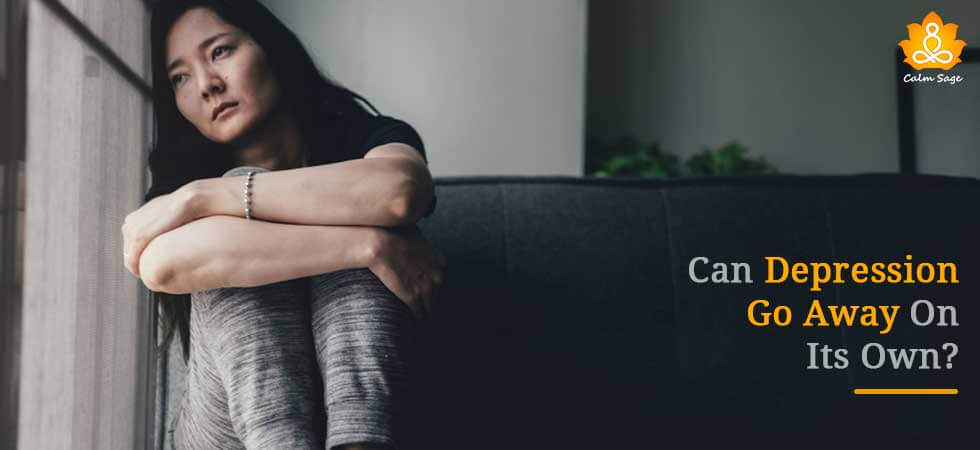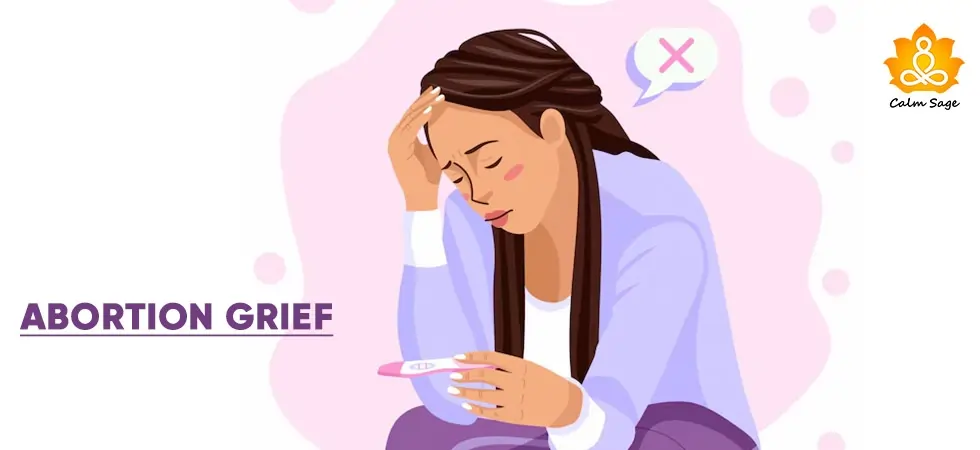Understanding Depression: Does Depression Ever Go Away?

Depression is a little more than just feeling “low” or “blue”, it is a serious mental health condition that can have severe long-lasting effects on a person’s health and wellness.
Depression is often accompanied by sadness and while sadness is a common emotion, depression can enhance the feelings of sadness, hopelessness, worthlessness, and other emotions.
While depression can be treated, some questions are left unanswered; how long does depression last, and does depression ever go away? To understand the answers to these questions, we need to understand a little about depressive episodes and risk factors that can contribute to recurring depression.
Understanding Depressive Episodes
Depression is a serious mental health disorder that, if left untreated, can cause a person difficulty in functioning normally in their daily lives. A depressive episode is when a person experiences the symptoms of depression for at least or more than two weeks.
How long do depressive episodes last?
The span of the episode might vary. For instance, someone may experience only one episode while someone with a depressive disorder may have recurring episodes during their lifetime. If left undiagnosed or untreated, the symptoms can worsen over time and may interfere with a person’s job, home-life, relationships, and might also lead to thoughts of suicide or self-harm.
Risk Factors For Recurring Depressive Episodes
Risk factors can depend on contributors such as genetics, environment, exposure to trauma, etc. Examples of risk factors include:
- The severity or intensity of the first depressive episode
- Presence of another underlying mental health disorder
- Family or medical history of depressive disorders
- Presence of stress in life
- Recent exposure to trauma
- The lack of social support and acceptance
Among others. While there is no average span for depression symptoms, to be diagnosed with depressive disorders, a person must experience the symptoms for at least two weeks or more and must meet the criteria defined in the DSM-5.
Can Depression Go Away On Its Own?
While it is true that time heals all wounds, it might not be true in the case of depressive disorders or depression, in general. The answer to the question, can depression go away on its own, can be based on different factors such as:
1. Types
There are different types of depression and their symptoms can also differ in terms of length. For instance, SAD (Seasonal Affective Disorder) occurs during the winter season but seems to ease during summertime. On the other hand, dysthymia symptoms can last longer than two years.
2. Causes
Causes of depression can also affect the duration of the disorder. For instance, if depression is caused by a specific situation then there is a possibility it may not last longer than few weeks. However, if depression is a result of another mental health condition, such as Postpartum Depression, then the duration of the depression may last longer than few weeks.
3. Intensity
The intensity of the depressive episode can also be a factor. For instance, if someone is diagnosed with mild depression, then it may be treated without any formal treatment (psychotherapy or medications) but if someone is diagnosed with moderate or severe depression, then they might require formal treatment.
How Long Can Depression Last?
The good news is that depression can be treated! Psychotherapy is one of the most effective treatment options when it comes to treating depression. Although, a combination of psychotherapy, medications, and self-help can also help treat depression.
Please keep in mind that the treatment might not be the same for all and factors such as individual personality, symptoms, and severity must be taken into account.
1. Psychotherapy
Psychotherapy, also referred to as talk therapy is the first line of defense when it comes to treating depression and related disorders. Therapies such as cognitive-behavioral therapy and dialectical behavioral therapy are more common.
Talk therapy can help in:
- Identifying the triggers
- Reframing negative thinking patterns with positive thinking
- Provide effective coping techniques to help in the future
Psychotherapy treatments are tailored according to the individual’s personalities, experiences, symptoms, goals, etc.
2. Medications
Medications are often combined with psychotherapy and while one type of medication might work for you, it might not work for others. However, medications should always be taken as prescribed by your doctor and over-the-counter medications should be avoided.
Antidepressants can have side effects that may worsen your condition, therefore, it is recommended you take prescribed medications only.
3. Electroconvulsive Therapy (ECT)
While ECT is not a widely used therapy treatment, it can be effective in treating severe depression or catatonic depression. ECT is used when the patient is unresponsive to other therapy treatments. This treatment option can have side effects such as memory loss and must be performed under the supervision of a professional.
4. Lifestyle Changes
To treat or prevent recurring depression, you can try:
- Following your therapy plan and continue going to therapy sessions
- Avoid alcohol, recreational drugs, caffeine, or other harmful substances
- Try to exercise regularly, maintaining a routine, and eating a well-balanced diet
- Getting enough sleep and staying active
- Asking for support from your support system
5. Alternative Treatments
Alternative treatment options can include:
- Taking herbal remedies such as chamomile tea, St. John’s wort, etc.
- Acupuncture therapy
- Meditation
- Yoga
- Guided imagery
- Aromatherapy, etc
Does Depression Ever Go Away?
No one can guarantee that depression can go away, permanently. More often than not the outcome depends on time, type, symptoms, severity, and causes of the depression. While some people may recover from depression completely, others may be more prone to depression relapse.
Since depression can be treated, you can consult a psychologist and create a plan in case you fear a relapse. Remember that some kinds of depression may not be easy to treat and may require years of therapy and treatment.
Getting the right treatment should be the priority. I hope this article answered the question; Does Depression Ever Go Away? For more, you can contact us at info@calmsage.com or follow us on social media.
You are not alone.
Take care!




















